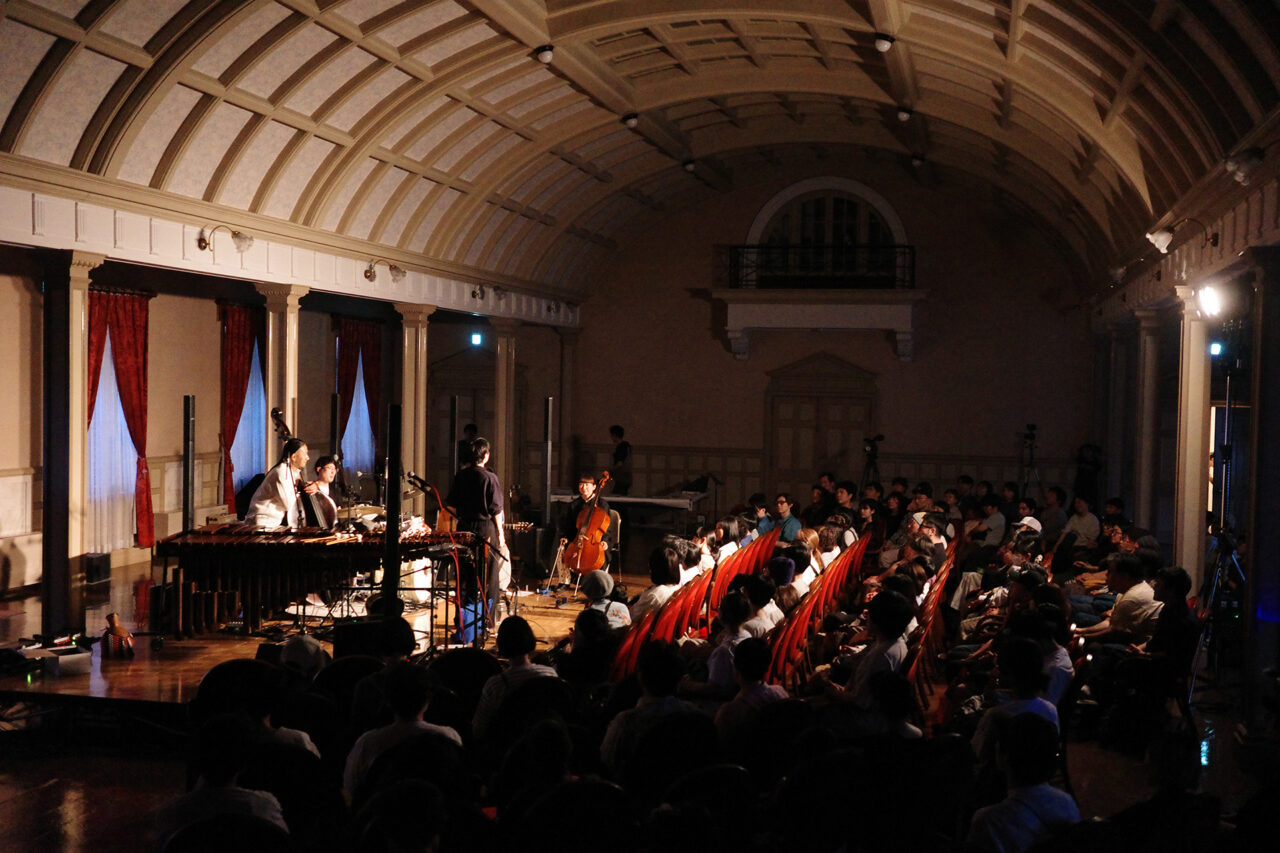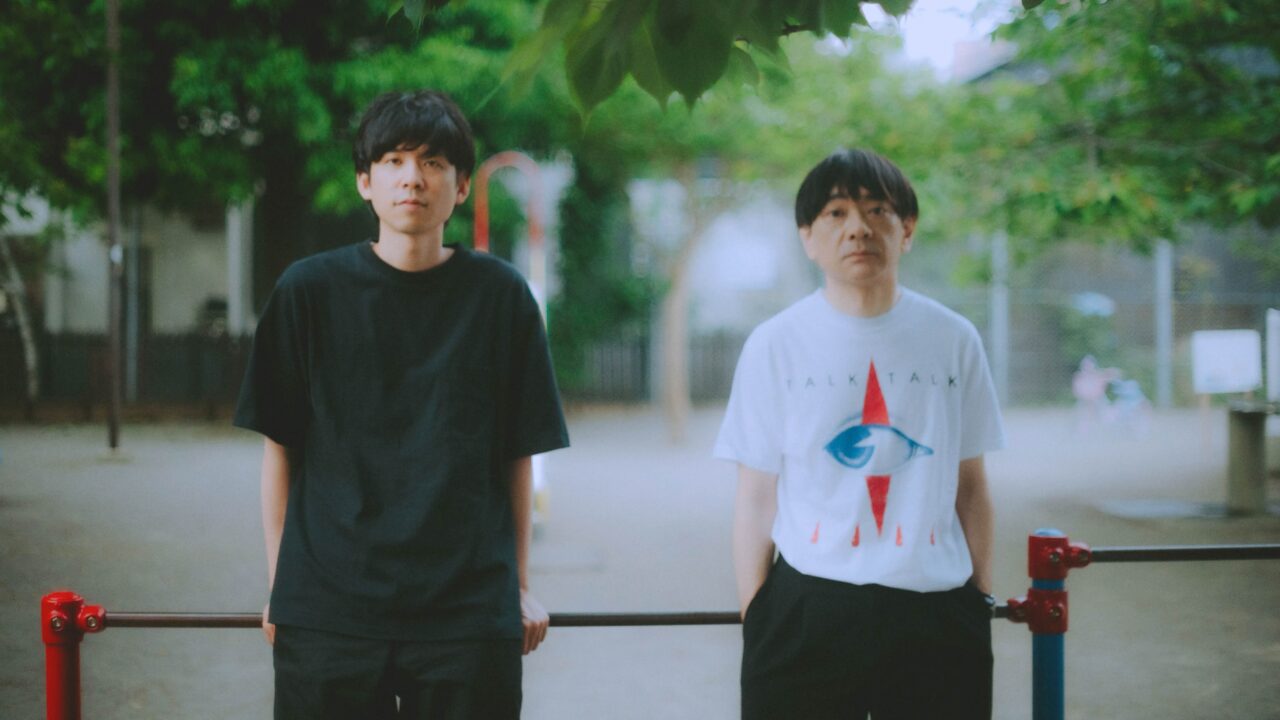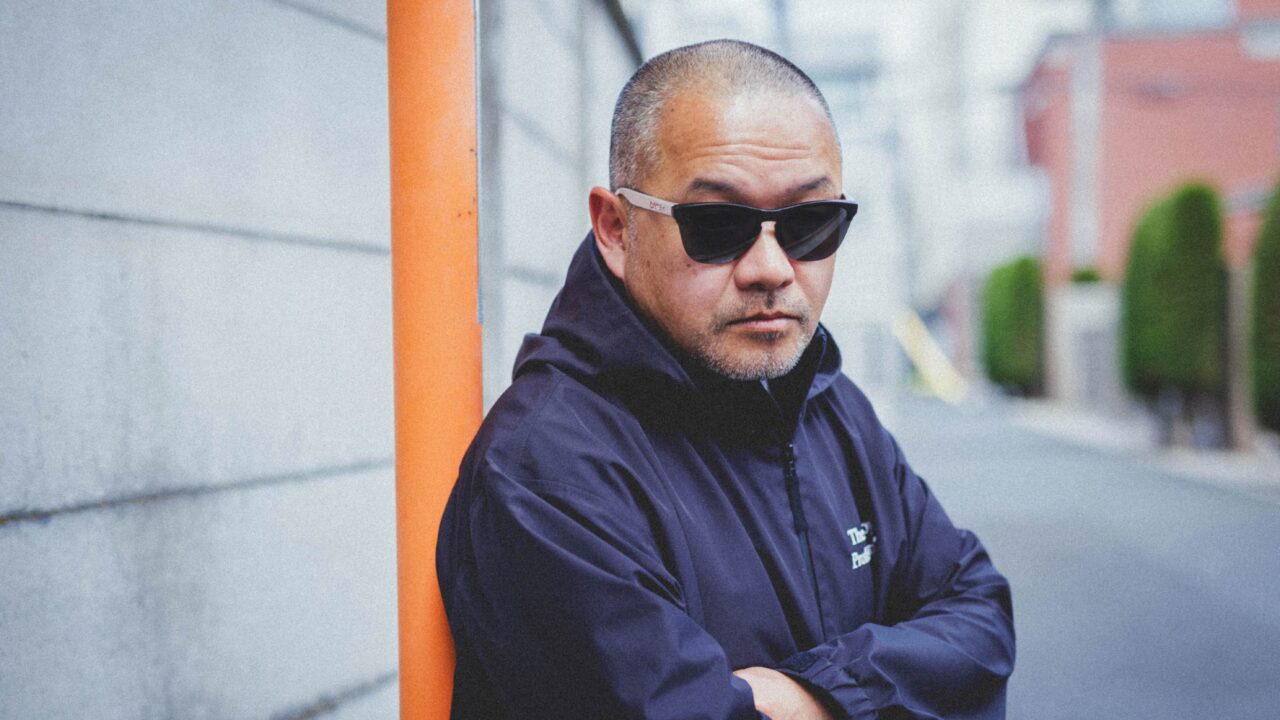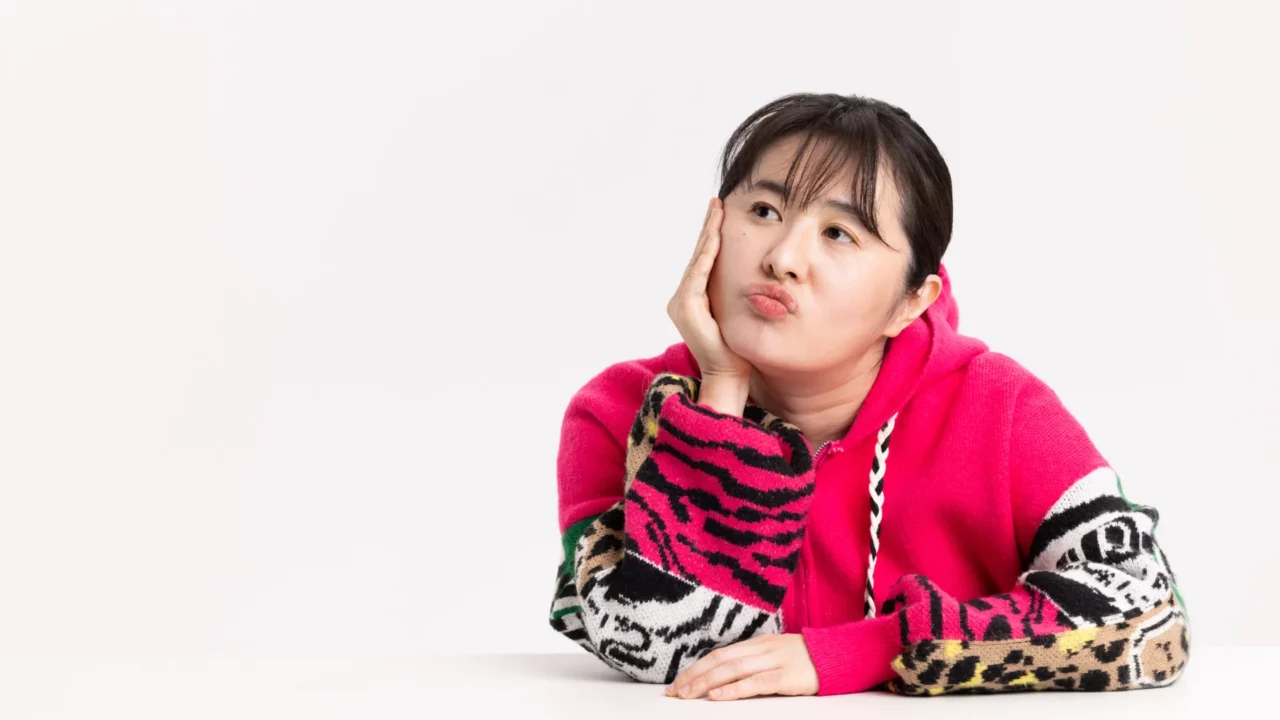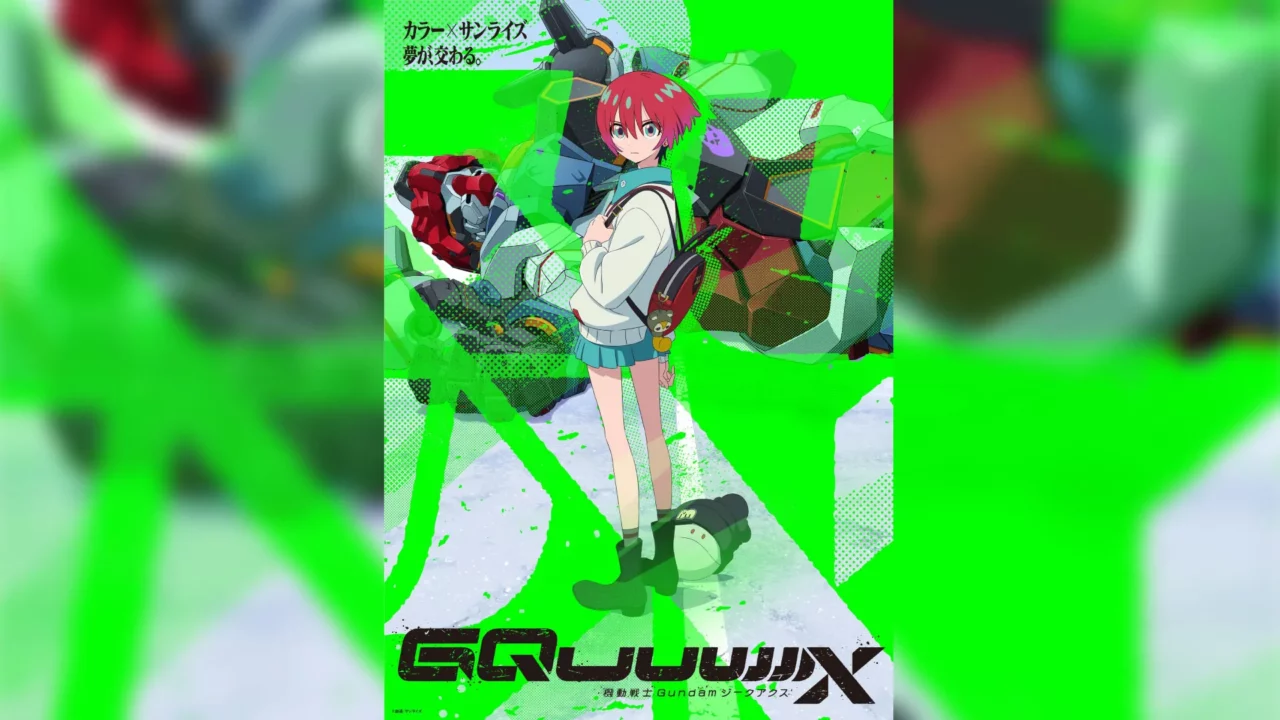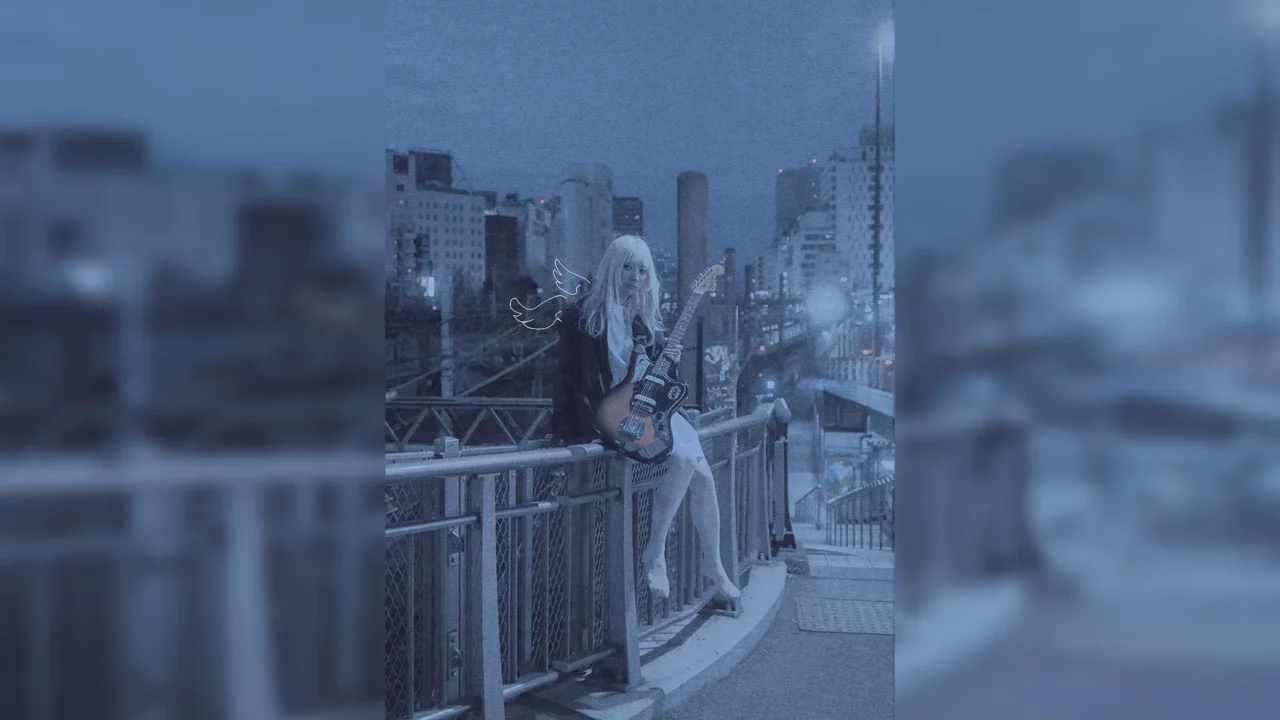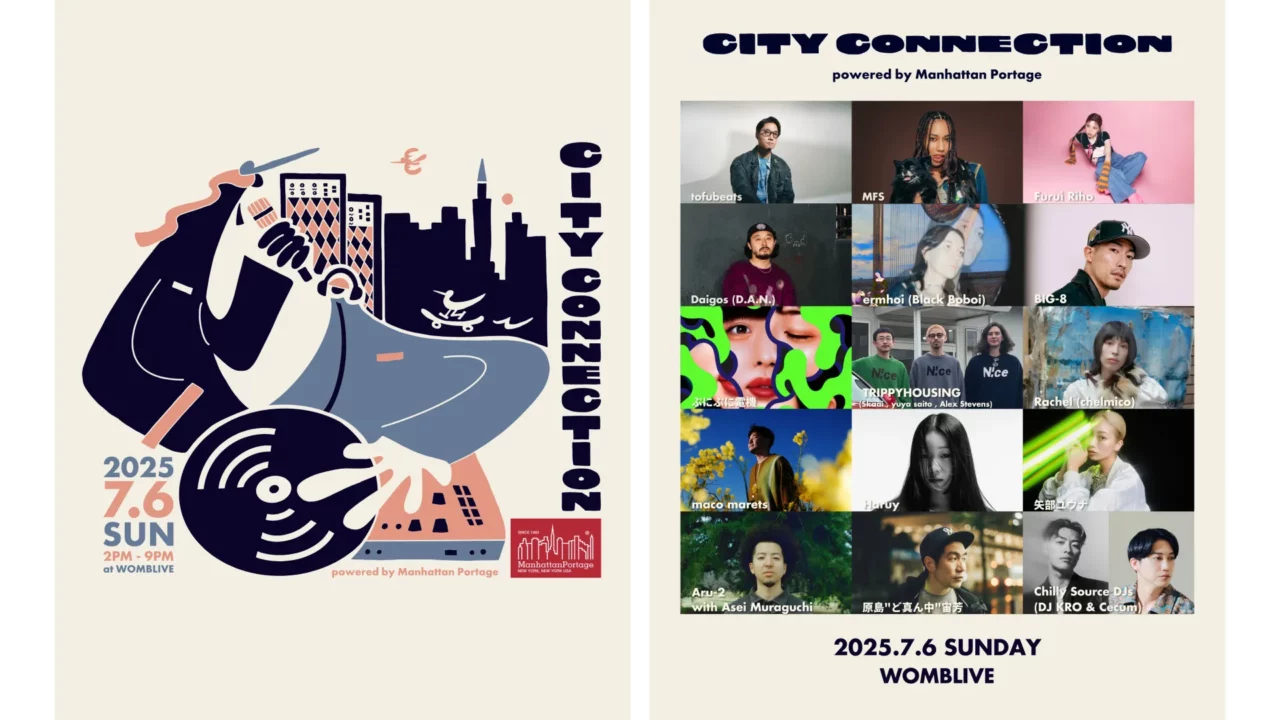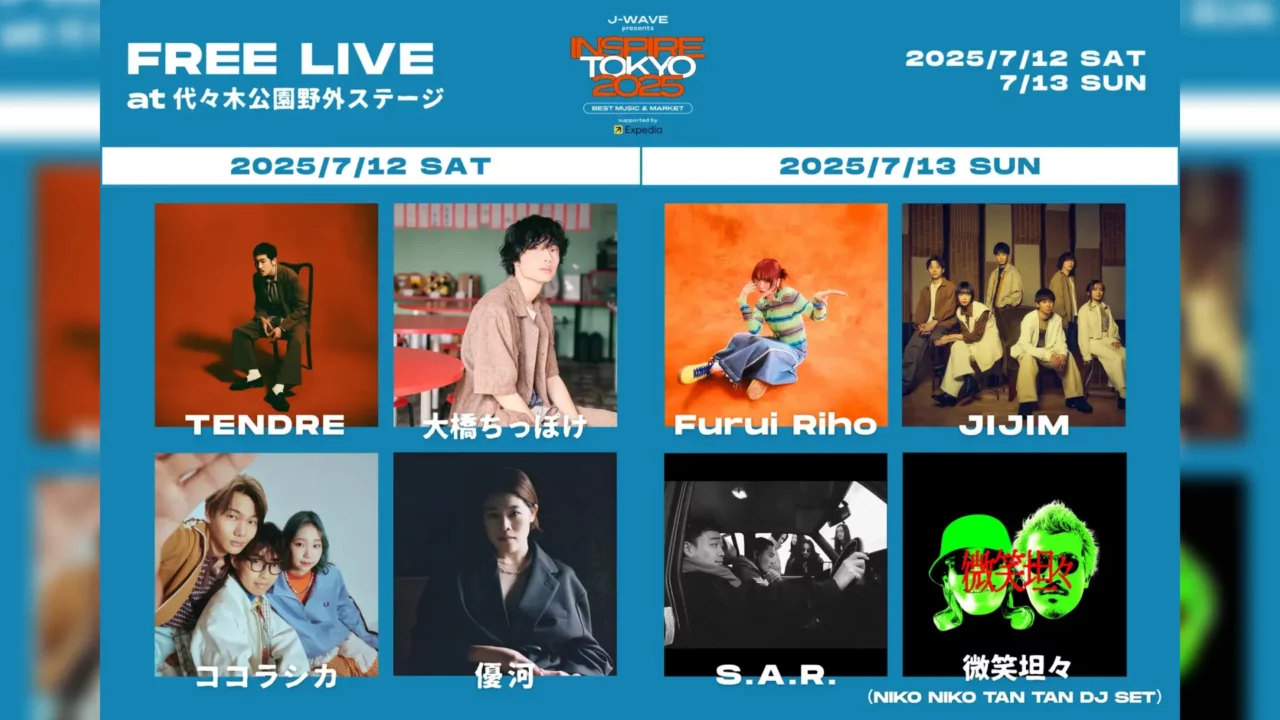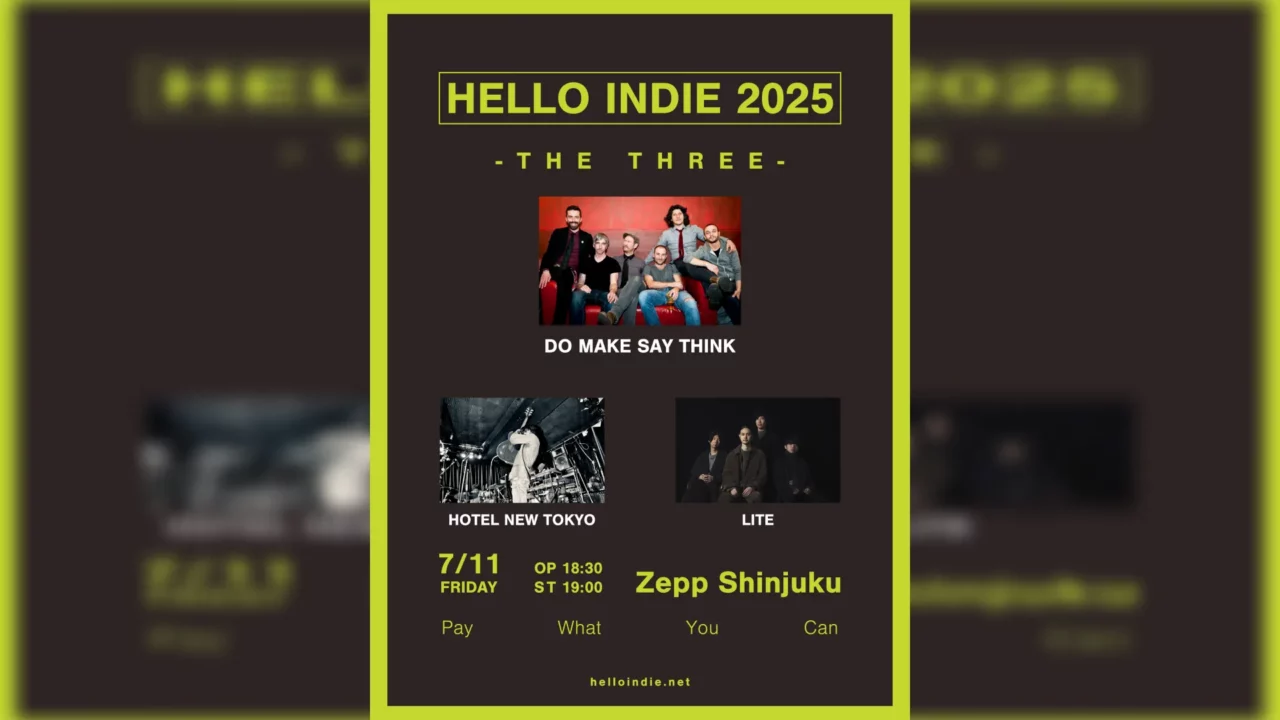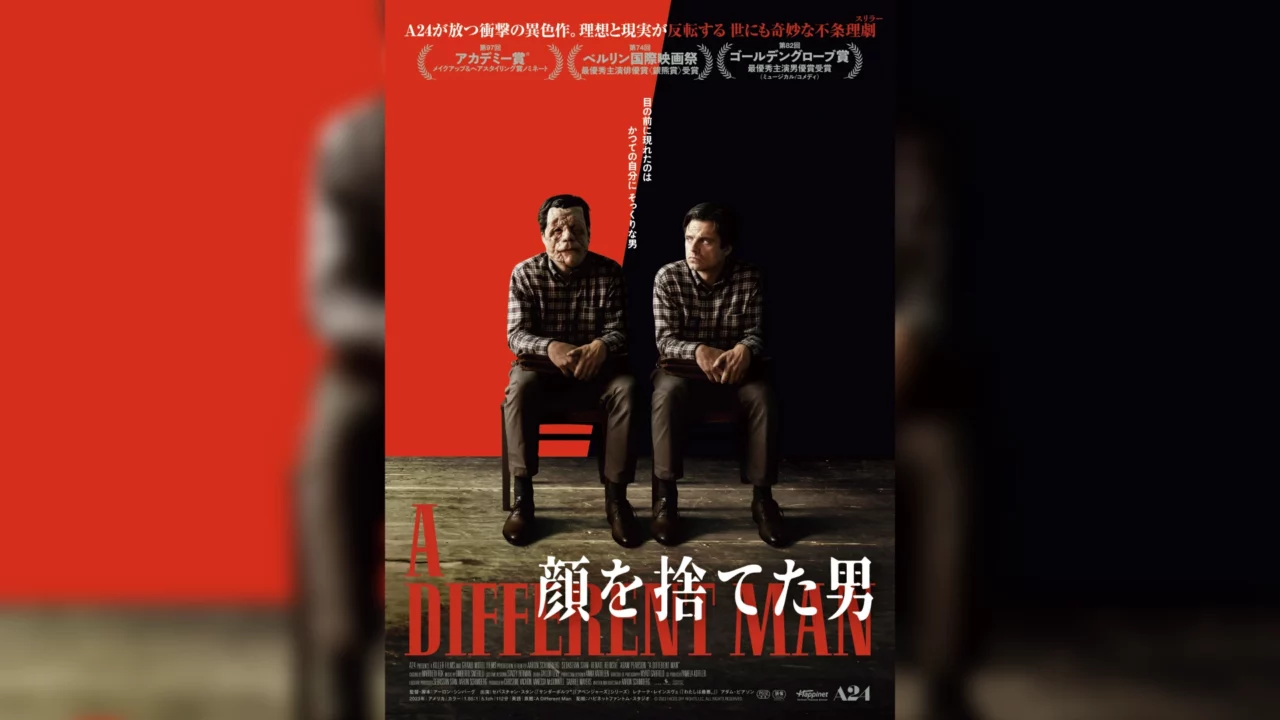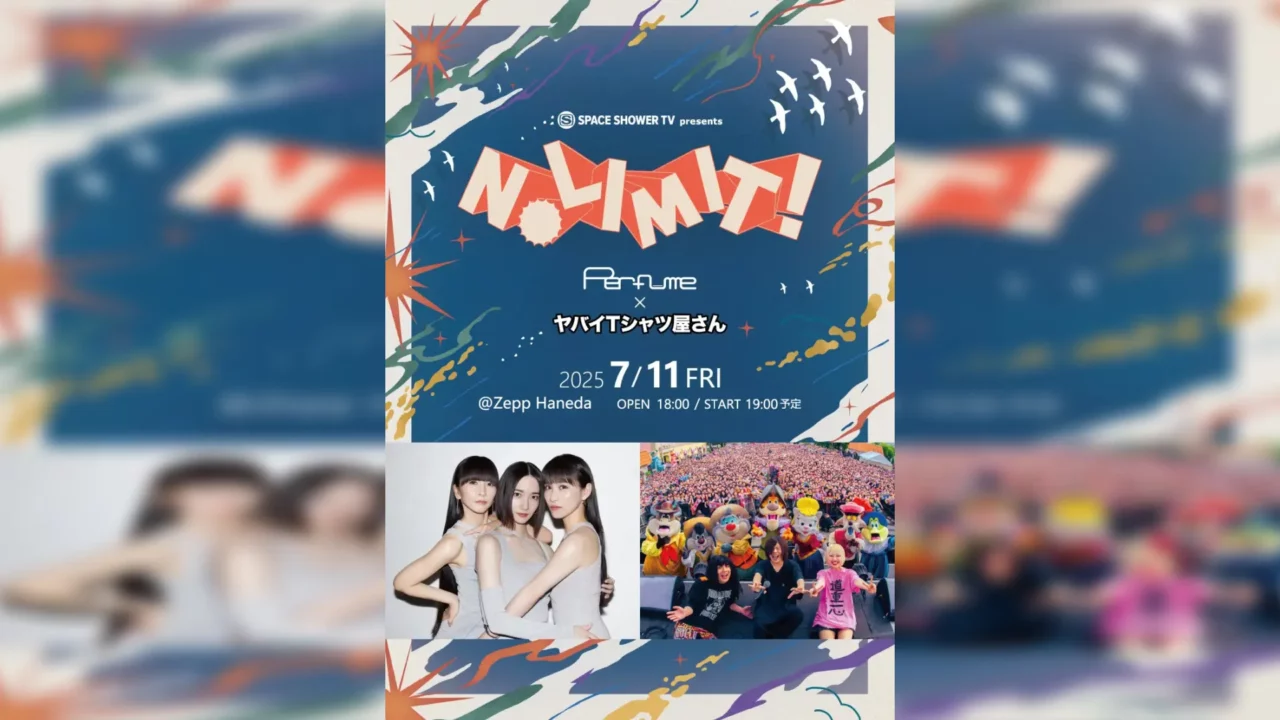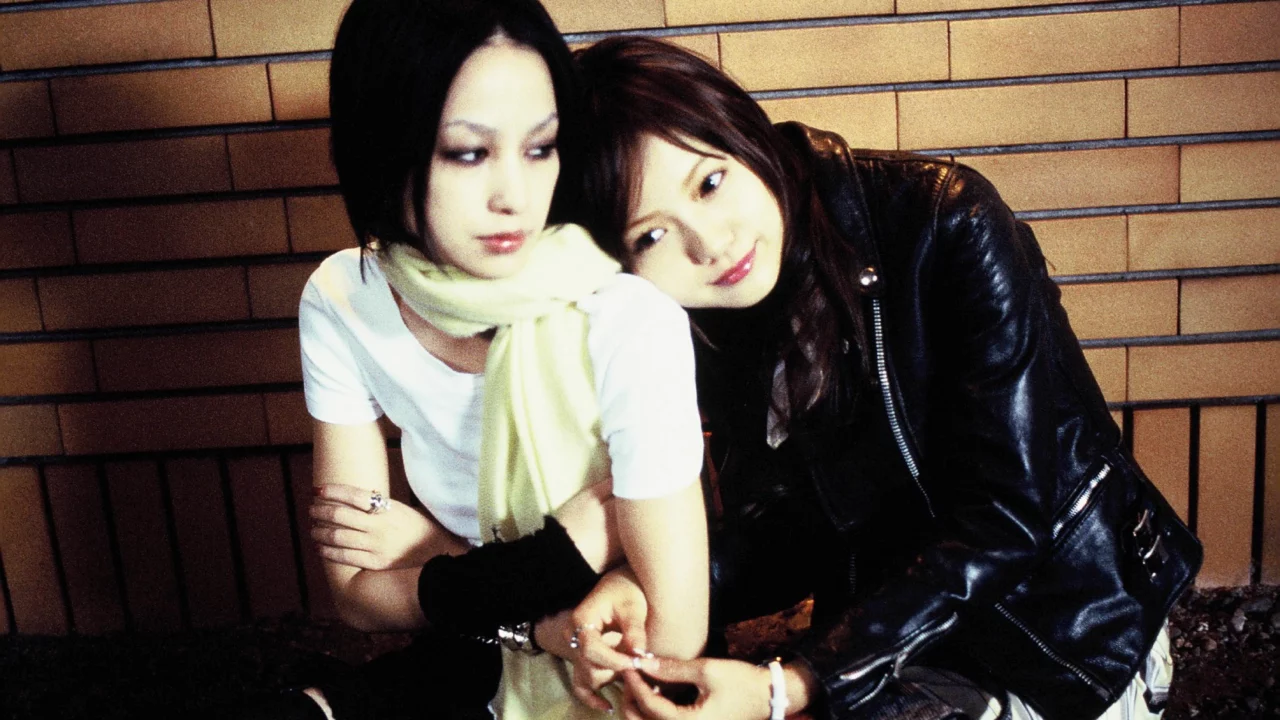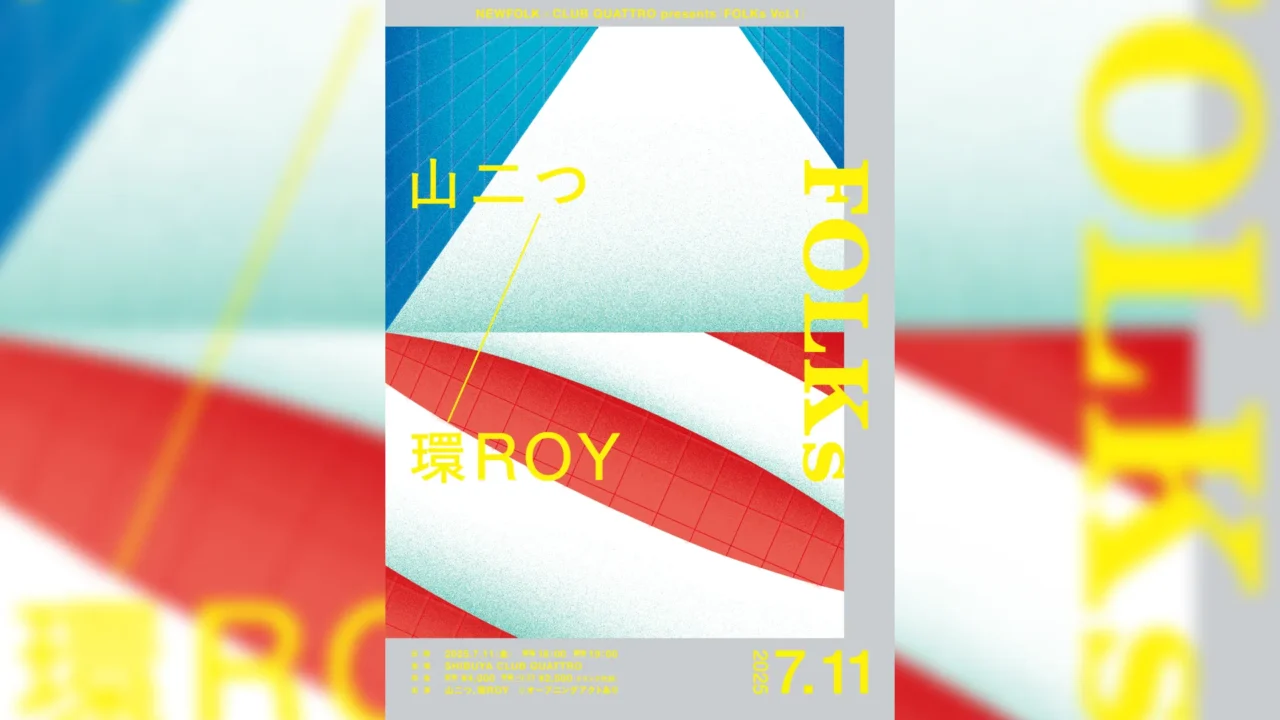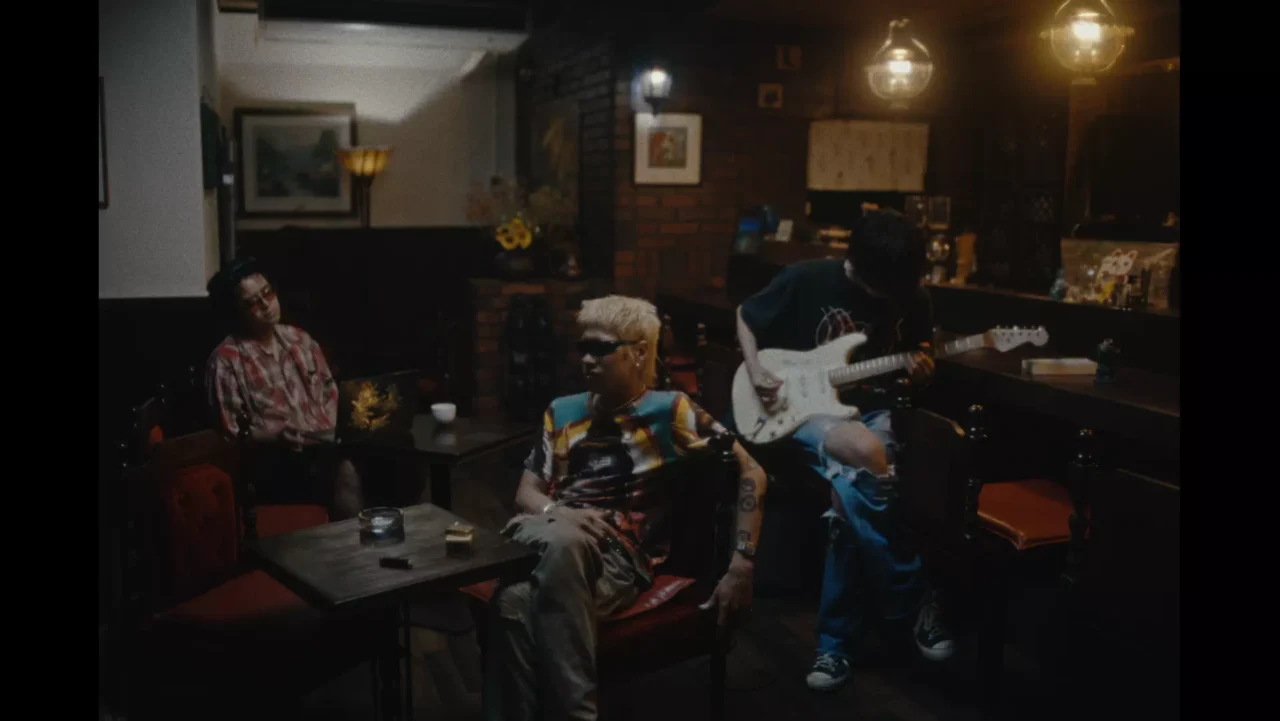Formed in 2021, downt, a three-piece band predominantly active in Tokyo’s live music scene, stirred nostalgic recollections of my youth upon my initial encounter with their music. This fusion of vulnerability teetering on collapse and resolute determination was palpable.
Their debut full-length album, “Underlight & Aftertime,” unveiled on March 6th, showcases 11 tracks, encompassing both reworked pieces refined through live performances and fresh compositions unveiling novel perspectives. Serving as a culmination of their three-year journey since inception, the album unveils a new facet of their musical identity.
In conversation with the trio comprising Yui Tomigashi (Vo & Gt), Takaki Kawai (Ba), and Teneil Kenrobert (Dr), we delved not only into the intricacies of their latest release, “Underlight & Aftertime,” but also explored their origins, the apprehensions inherent in band formation, and the evolution evident in their previous works. Through our dialogue, it became evident that the creative process encompasses both struggle and profound joy.
INDEX

Formed in 2021, downt is comprised of Yui Tomigashi (Vo, & Gt), Takaki Kawai (Ba), and Tener Ken Robert (Dr). Based in Tokyo, the trio delivers intense yet delicate and bold performances, characterized by exceptional melodic sensibilities and emotive lyrics. Their expression, akin to a gentle and refreshing breeze, at times transforms into a sharp and fervent vocal delivery. Crossing genre boundaries with ease, their artistic realm continues to expand. In October of the same year, they swiftly gained attention with the release of their debut album “downt” through ungulates. It quickly became a topic of discussion in record shops and distribution channels such as FLAKE RECORDS and HOLIDAY!, catapulting them into the spotlight of the emo and alternative live house scenes.
Unconventional Introduction: “Formerly Declared Hatred for Music” (Kawai)
– I feel that -downt’s music is fragile, as if it could end at any moment, and yet it has the strength to stand tall and dignified. I would like to ask you about that today. First of all, please tell us about your first encounter with music.
Togashi (Vo&Gt): My first encounter with music was when I was a child taking piano lessons. My older brother liked Western music, so there was always music playing in the house. However, it took me a while to get to know the band. When I was in junior high school, I saw some seniors playing in a band at a school festival, and I decided I wanted to try it too, so I bought an instrument when I entered high school.
-So you chose guitar from the beginning?
Togashi: Yes, I did. I played guitar for four years in a college club, but when I started working, I stopped playing the instrument for a while. One day, I decided I wanted to throw it all away and moved to Tokyo to start a band, and downt was born.

Robert (Dr.): I think my mother listened to Noriyuki Makihara and Hikaru Utada, and that’s how I got started. I didn’t start playing an instrument in junior high or high school, but Bump of Chicken, which I listened to when I was around junior high school age, may have been what made me fall in love with the band.
-What made you start playing in a band?
Robert: I liked LINKIN PARK when I entered high school and made friends through music. From there I became interested in musical instruments and started playing drums when I entered college. From there, I played in various copy bands, and when I became an adult, I started an original band and met Kawai-san.

Kawai (Ba): I was playing the electone by the time I can remember.
-Is that something you learned?
Kawai : Yes, that’s right. I was in the countryside, so I had no choice but to take lessons from my cousin, but it was boring. At the time, I introduced myself by saying, “I hate music.

-What was the catalyst for your shift from such strong dislike to an interest in music?
Togashi: I liked games and anime, so it was game music that got me started. We didn’t have CD stores in the countryside, and it wasn’t the era of listening to music on the Internet, so I used game consoles to listen to music.
-I guess game music and bands were different in some ways.
Kawai: My high school dorm friends taught me about Hi-STANDARD, GOING STEADY, Metallica, and other bands, and I fell in love with them a little. I played bass with a keyboard at a school festival, but I wanted to play properly, so I started playing guitar.
-Do you feel that you are reconstructing the roots you just mentioned through “downt”? Or are you adding something that is not on your own axis?
Robert: I have a strong sense that I am beginning to touch new things that are outside of my consciousness. I don’t take what I have been listening to and consciously change it.
Kawai: I think that I can only do what moves me, so I try to express in my own way what I find good in live performances and sound sources. If we try to create something “original” from scratch, we end up with something safe or with a unique “atmosphere. And that’s not just with music.
Togashi: I don’t originally use what I hear as a reference. I often started by trying to incorporate abstract things like the flow of waves into guitar phrases. I think it is similar to the feeling of drawing a picture in my mind.
Kawai: If you try to neatly trace a template that already exists, you may want to change it without permission in the middle of the process, and the final result will be slightly different. It is just like cooking.








